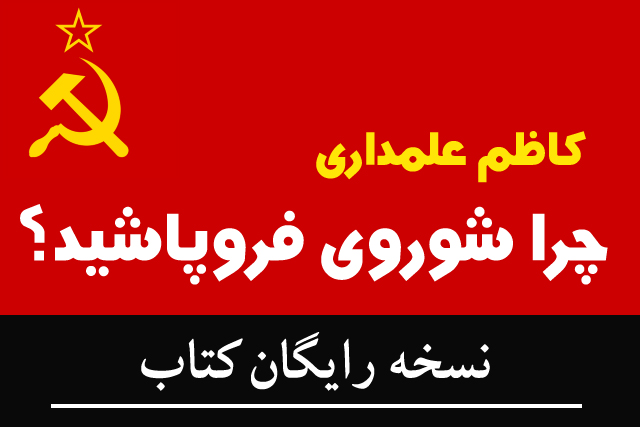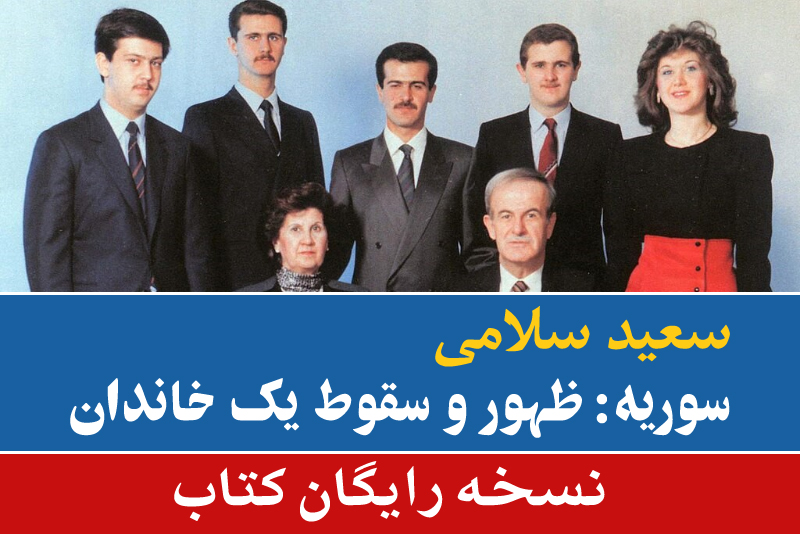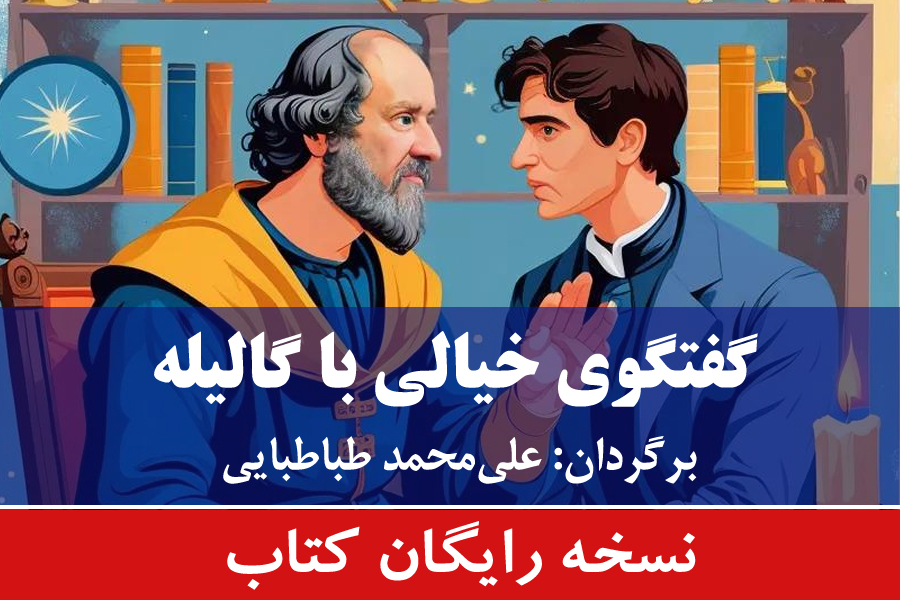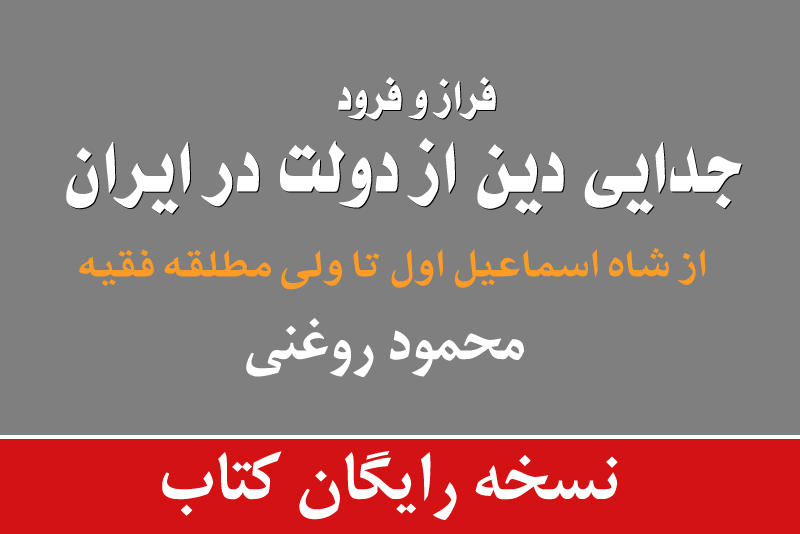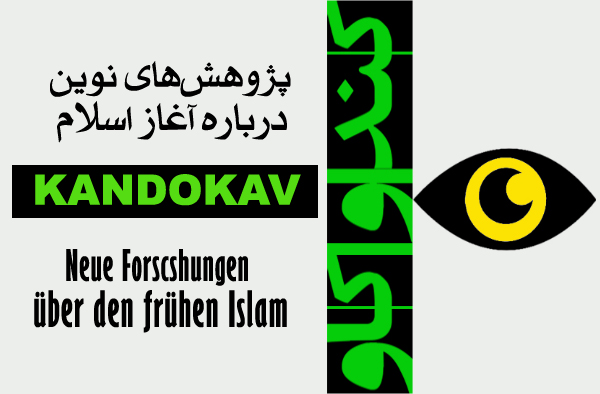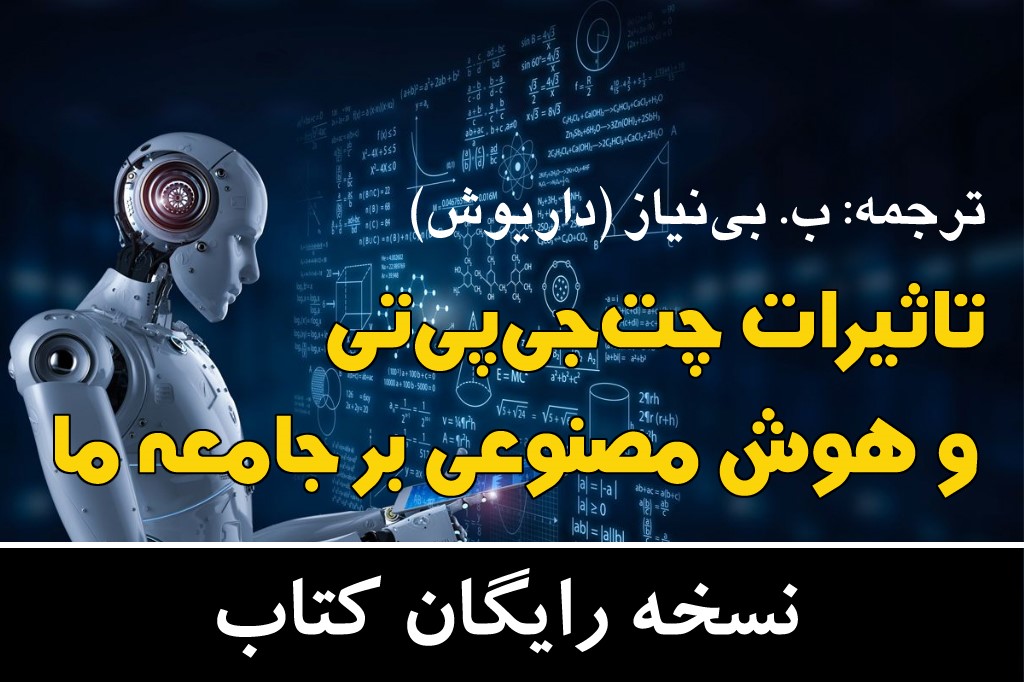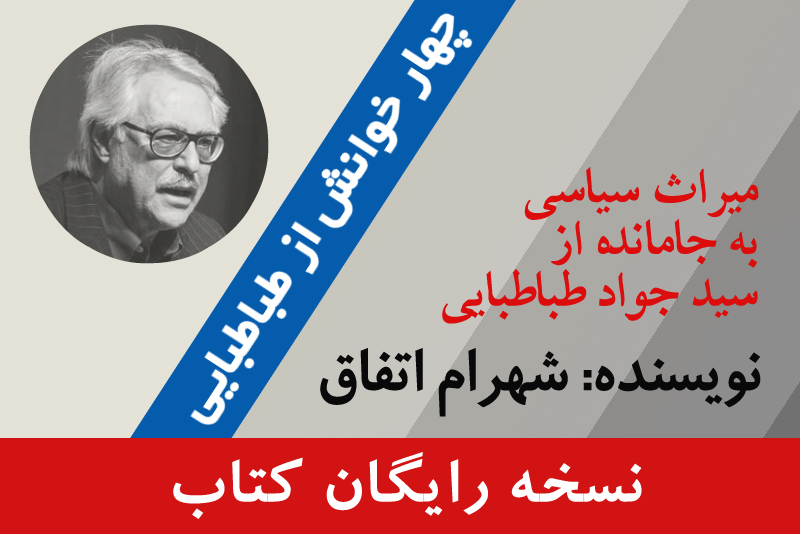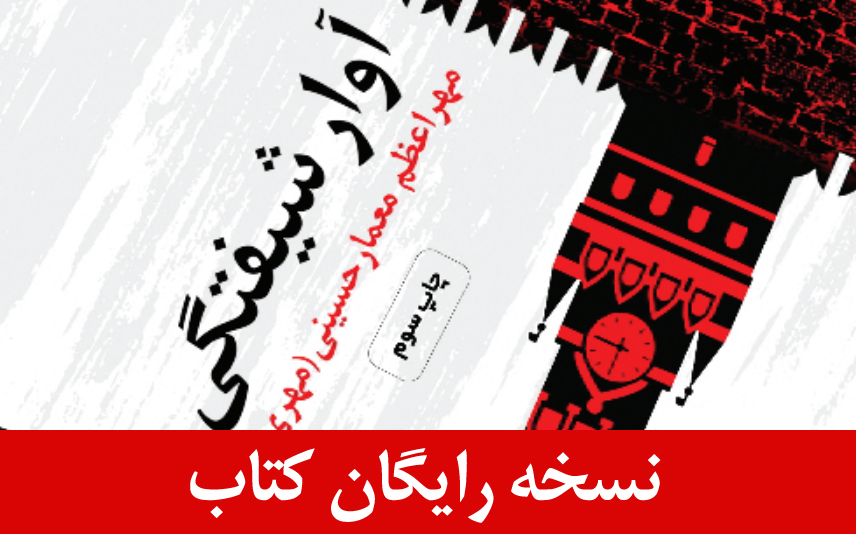| صفحه نخست | خبر و گزارش | سياست | انديشه | فرهنگ و ادبيات | زندگی | محیط زیست | RSS |
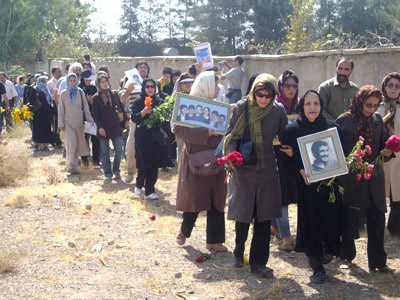
بیانیه سازمان عفو بینالملل:
رادیوفردا: سازمان عفو بینالملل در بیست و پنجمین سالگرد کشتار دستهجمعی زندانیان سیاسی و عقیدتی در ایران از مقامات جمهوری اسلامی خواسته است که با محاکمه عاملان این واقعه، فارغ از مقام و موقعیت آنها، عدالت را اجرا کند.
در گزارش این نهاد حقوق بشر که روز پنجشنبه، ۷ شهریور، منتشر شد با انتقاد از عدم پاسخگویی مقامات ایران درباره کشتار دستهجمعی زندانیان سیاسی و عقیدتی سال ۱۳۶۷ آمده است که جمهوری اسلامی «پس از ۲۵ سال همچنان تلاش میکند این واقعه را از حافظهها پاک کند».
این گزارش سپس به شرح این اعدامهای دستهجمعی میپردازد که تابستان ۱۳۶۷ رخ داد و چنان چه «آمار نهادهای مدافع حقوق بشر» میگوید در جریان آن «بین چهار هزار و ۵۰۰ تا پنج هزار نفر از مردان، زنان و کودکان در زندانهای ایران اعدام شدند».
عفو بینالملل میگوید: «با توجه به این که تمامی این اعدامها به صورت مخفی انجام شدهاند هنوز هم به سختی میتوان رقم دقیق قربانیان را تعیین کرد. در حقیقت، به بسیاری از خانوادههای اعدامشدگان هیچگاه اعدام اعضای خانواده خبر داده نشد و حتی به آنها گفته نشد که عزیزان آنها در کجا دفن شدهاند.»
این نهاد حقوق بشری سپس از سیاستهای حکومت ایران در رابطه با این واقعه انتقاد میکند و میگوید: «هیچگاه در مورد این کشتار گسترده تحقیقات صورت نگرفت، هیچ یک از مقامات مسئول و مجریان این قتل عام محاکمه نشدند و در واقع برخی از همان افراد اکنون در سطوح بالای حکومت ایران هستند.»
اعدامهای دستهجمعی زندانیان سیاسی و عقیدتی ایران در آخرین سال رهبری آیتالله خمینی، بنیانگذار جمهوری اسلامی، و پس از پایان جنگ ۸ ساله ایران و عراق به وقوع پیوست.
قربانیان این اعدامها بیشتر اعضای سازمان مجاهدین خلق ایران و برخی گروههای مارکسیست بودند که قبل از آن در دادگاههای انقلاب تنها به زندان محکوم شده بودند.
اما روایات متعددی وجود دارد که میگوید آیتالله خمینی فرمانی مبنی بر محاکمه مجدد آنها صادر کرد که در نهایت به اعدام بسیاری از این زندانیان انجامید.
بیشتر این قربانیان در گورستان خاوران، واقع در شرق تهران، دفن شدند و از آن زمان خانوادههای آنان تلاش میکنند سالانه مراسم یادبودی در آنجا برگزار کنند که همواره واکنش شدید حکومت ایران را در پی داشته است، چنان چه عفو بینالملل میگوید: «هر سال ماموران حکومت به مراسم یادبودی که خانواده قربانیان در اولین جمعه شهریورماه در گورستان خاوران برگزار میکنند، حملهور میشوند و تعدادی از آنها را بازداشت میکنند.»
اعتراض به «سرکوب و اذیت» خانوادههای قربانیان تابستان ۶۷
این نهاد حقوق بشر سپس از آن چه «سرکوب و اذیت و آزار» خانوادههای قربانیان این واقعه میخواند انتقاد میکند و از خانواده بهکیش به عنوان نمونه نام میبرد، که «۷ نفر از آنان در فاصله سالهای ۱۳۶۰ تا ۱۳۶۷ در زندانهای جمهوری اسلامی اعدام شدند».
عفو بینالملل به نقل از جعفر بهکیش مینویسد که منصوره بهکیش، خواهر او، به خاطر گفتوگو با رسانهها درباره رخداد سال ۱۳۶۷ «هدف اصلی سرکوب حکومت ایران» قرار گرفته و بارها دستگیر شده است.
به گفته آقای بهکیش، «طی ماههای اخیر نهادهای امنیتی به منصوره گفتهاند که به خاوران نرود و با رسانهها گفتوگو نکند. آنها همچنین برای جلوگیری از فعالیتهای او بارها دستگیرش کردهاند و اکنون نگرانیهایی درباره امنیت او وجود دارد».
این گزارش میگوید: «منصوره بهکیش اوایل تابستان سال ۲۰۱۱ بازداشت و به زندان اوین منتقل شد تا این که در روز نهم ژوئیه به قید ضمانت آزاد شد. در ماه دسامبر همان سال در شعبه پانزده دادگاه انقلاب تهران به اتهام تبلیغ علیه نظام و برگزاری اجتماع با هدف ضربه زدن به امنیت ملی محاکمه شد... و اکنون منتظر اجرای حکم شش ماه زندان خود است.»
سازمان عفو بینالملل در نهایت از حکومت ایران خواسته است که «حق دسترسی و انتشار حقایق، اجرای عدالت در مورد مسئولان این فاجعه و غرامت به خانواده قربانیان این کشتار» را محترم بشمارد.
AMNESTY INTERNATIONAL FEATURE
Iran still seeks to erase the ‘1988 prison massacre’ from memories, 25 years on
The last time Jafar Behkish saw his brothers, Mahmud and Mohammad Ali, both political activists imprisoned in Iran, they only had 10 minutes to talk through a glass window.
None of them imagined that it would be their last interaction or the horror that would unfold over the following months.
A few weeks after that meeting in August 1988, without any warning, Iran’s prison authorities suspended all family visits. Televisions and radios were removed from the wards, delivery of newspapers was cancelled and prisoners were suddenly not allowed to exercise or visit the prison’s clinic.
Shortly afterwards, hundreds of political prisoners were taken, one by one, to a special room, where they were interrogated in special summary “re-trials”.
Many thought they were going to be pardoned and released – as most were about to complete their sentences. Instead, they were executed.
Human rights organizations estimate that between 4,500 and 5,000 men, women and children were killed in the summer of 1988 in prisons across Iran. The pattern of political executions changed dramatically from piecemeal reports of executions to a massive wave of killings that took place over several months.
The true number of dead, however, is still unknown as the executions were carried out in secret. In fact, many relatives were never told about the killings or where their loved ones had been buried.
A quarter of a century after the mass killing, the Iranian authorities do not want to talk about what happened. In fact, they seek to erase any trace of the “prison massacre”. The mass killing was never investigated and none of those in charge at the time has faced trial – in fact, some senior officials of the time are still in high-ranking positions today.
The authorities have also persecuted and harassed the families of the victims, including by dispersing gatherings and arresting them on the commemoration day held annually on the last Friday before 1 September in Khavaran Cemetery in southern Tehran.
On the 25th anniversary of the “prison massacre”, Amnesty International is once again calling on the Iranian authorities to bring to justice those responsible for these gross human rights violations – regardless of their former or current official position.
Premeditated killings
The killings took place as the bloody Iran/Iraq war was in its final stages. The UN Security Council was pressing for a ceasefire and, in July 1988, the National Liberation Army, a military force formed by the Iraq-based opposition group, the People’s Mojahedin Organization of Iran (PMOI) staged an armed incursion into western Iran that was repulsed by the Iranian army.
Shortly after, Iran’s political prisoners were executed in two waves.
In the “re-trials” they faced, the first group was asked about their political affiliation – those who answered “Mojahedin” were sent to their death. Some were asked if they were willing to clear the minefields for the army of the Islamic Republic. The second group was questioned about their religious faith – again, a wrong answer resulted in a death sentence.
In 1990, Amnesty International published a report concluding that “the massacre of political prisoners was a premeditated and coordinated policy which must have been authorized at the highest level of government”.
“These summary trials bore hardly any resemblance to judicial proceedings. Committees decided on a whim whether thousands of prisoners would live or die, based on their political or religious beliefs,” said Hassiba Hadj Sahraoui, Amnesty International’s Deputy Director for the Middle East and North Africa Programme.
After the killings, authorities would take months to inform relatives of what had happened.
“My brother was killed on 28 August. In late November the authorities called us…and when my father went to the Revolutionary Committee office they said that both my brothers had been executed but they didn’t give any documents. They didn’t say why they killed them, where they had been buried, why there had been a re-trial, their last words, nothing,” Jafar told Amnesty International.
Fighting for justice
Between 1981 and 1988, seven of Jafar’s siblings were killed in prison.
After they discovered what had happened to their loved ones, Jafar’s family and many others started a campaign to demand answers from the authorities.
“People in Iran were shocked. I was in Tehran and went to the houses of several people who had been executed. We knew the families, we were like a big family,” he said.
As time passed, without answers or justice, many relatives began visiting the Khavaran Cemetery, where unmarked mass graves believed to hold many of those killed were found. Mourning mothers started to visit the site regularly.
But the Iranian authorities have done everything in their power to block such commemorations.
“The harassment against the families has been continuous these past 25 years. My sister [Mansoureh Behkish] was one of the targets. Over this summer [like many previous summers] the intelligence services asked her to stop going to Khavaran or to talk to media, to write articles or letters. She has been arrested several times to stop her from going to the commemorations. I worry for her safety,” Jafar said.
Mansoureh Behkish was arrested in Tehran on 12 June 2011 and held in Evin Prison until she was released on bail on 9 July 2011. On 25 December that year she was tried by Branch 15 of the Revolutionary Court of Tehran on charges of “spreading propaganda against the system” and “gathering and colluding with intent to harm national security”.
She is currently facing a six-month prison sentence after the appeal court suspended part of her original sentence. Although she is at liberty, she could be summoned to serve her sentence at any time.
Jafar, who now lives in Canada, is worried about what might happen to Mansoureh with the 25th anniversary of the massacre approaching.
“I’m very worried about my sister and other families. I don’t really know what will happen. They paid a very high price to make this day a historical day. It’s a very important day in the history of human rights work in Iran,” he said.
Amnesty International urges the Iranian authorities to uphold the right to truth, justice and reparation of the families of those killed in what will remain known to Iranians as the “Prison Massacre”.
|
| |||||||||||||
|
ايران امروز
(نشريه خبری سياسی الکترونیک)
«ايران امروز» از انتشار مقالاتی كه به ديگر سايتها و نشريات نيز ارسال میشوند معذور است. استفاده از مطالب «ايران امروز» تنها با ذكر منبع و نام نويسنده يا مترجم مجاز است.
Iran Emrooz©1998-2025 | editor@iran-emrooz.net
|
